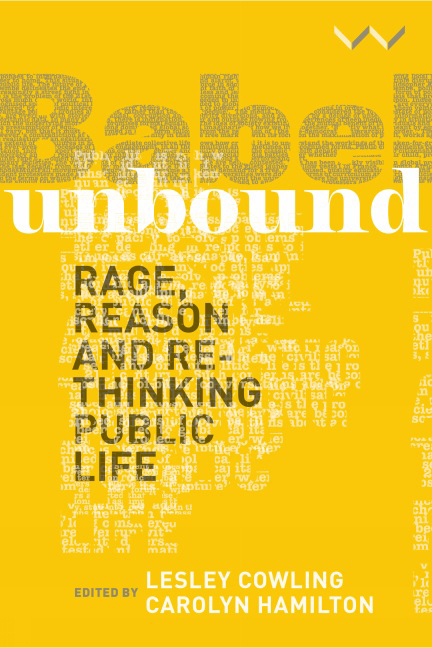Book contents
- Frontmatter
- Contents
- Acknowledgements
- Introduction
- Chapter 1 Rethinking Public Engagement
- Chapter 2 Tracing Public Engagements in Visual Forms
- Chapter 3 Media Orchestration in the Production of Public Debate
- Chapter 4 Fluid Publics: The public-making power of hashtags in digital public spaces
- Chapter 5 ‘Now We See Him, Now We Don’t’: The media and the ‘Black Pimpernel’
- Chapter 6 Archive and Public Life
- Chapter 7 Iconic Archive: Timbuktu and its manuscripts in public discourse
- Chapter 8 The Politics of Representation in Marikana: A tale of competing ideologies
- Chapter 9 Art-Rage and the Politics of Reconciliation
- Chapter 10 Anger, Pain, and the Body in the Public Sphere
- Contributors
- Index
Chapter 8 - The Politics of Representation in Marikana: A tale of competing ideologies
Published online by Cambridge University Press: 10 September 2020
- Frontmatter
- Contents
- Acknowledgements
- Introduction
- Chapter 1 Rethinking Public Engagement
- Chapter 2 Tracing Public Engagements in Visual Forms
- Chapter 3 Media Orchestration in the Production of Public Debate
- Chapter 4 Fluid Publics: The public-making power of hashtags in digital public spaces
- Chapter 5 ‘Now We See Him, Now We Don’t’: The media and the ‘Black Pimpernel’
- Chapter 6 Archive and Public Life
- Chapter 7 Iconic Archive: Timbuktu and its manuscripts in public discourse
- Chapter 8 The Politics of Representation in Marikana: A tale of competing ideologies
- Chapter 9 Art-Rage and the Politics of Reconciliation
- Chapter 10 Anger, Pain, and the Body in the Public Sphere
- Contributors
- Index
Summary
On 16 August 2012, South African police opened fire on striking mineworkers at the Lonmin Platinum Mine at Marikana near Rustenburg in the North West province of South Africa, killing 34 workers. The Marikana massacre has been seen by many as signalling a turning point in South African politics. The mineworkers were shot after they had occupied a mountain near the mine and embarked on a ‘wildcat strike’ for a living wage of R12 500. Early media reports presented the strike as inter-union rivalry between the relative newcomer, Association of Mineworkers and Construction Union (AMCU), and the older government-aligned National Union of Mineworkers (NUM). However, journalists and academics later found that the mineworkers had organised themselves and most were still members of the NUM at the time.
It was also later revealed that several days before the massacre, around 10 August, the mineworkers had collectively approached the mine management, seeking a wage increase and bypassing the union bargaining structure. They were turned away by management, who told them to approach their union. They did so the next day, with fewer people. When they approached the offices of the NUM at Lonmin, two NUM officials opened fire on their own members and, many believed, killed two people. Thereafter, the miners armed themselves with pangas, knobkerries and sticks, and moved to occupy a nearby mountain. On 12 August, they again tried to march to the NUM offices. This time, about 150 strikers had a run-in with two Lonmin security guards, one of whom was murdered by a smaller group of men.
Two more security officers were killed during another confrontation on the same day between strikers and a larger group of security guards. When the security guards began to fire rubber bullets at the workers, they stormed the group of security men, overpowering and killing two, setting their vehicles alight and taking their shotguns. Later that evening, another person was killed in a confrontation between strikers and other people and more vehicles were burnt.
On Monday, 13 August, a production manager was killed on his way to work by striking miners; it is believed he was stabbed to death by knives and pangas.
- Type
- Chapter
- Information
- Babel UnboundRage, Reason and Rethinking Public Life, pp. 183 - 214Publisher: Wits University PressPrint publication year: 2020



